
Exciting new series on “Voice, Body and Movement for Lawyers – How to connect with the jury and find Justice Through Dramatic Technique!”
Click here to find out more
Generative AI platforms can create diverse content, such as marketing materials, translations, and source code. However, they also raise various legal issues, such as who owns the output, whether it infringes on existing works, and whether it is eligible for protection. As generative AI becomes more widespread and used by employees in different industries, companies need to be careful about how they adopt and use these platforms, especially how they handle the output and integrate it with other information.
This program, by Emily Tait and Carl Kukkonen, will discuss the legal challenges of using generative AI, and the potential impact of the U.S. Supreme Court’s ruling in Warhol Foundation v. Goldsmith.
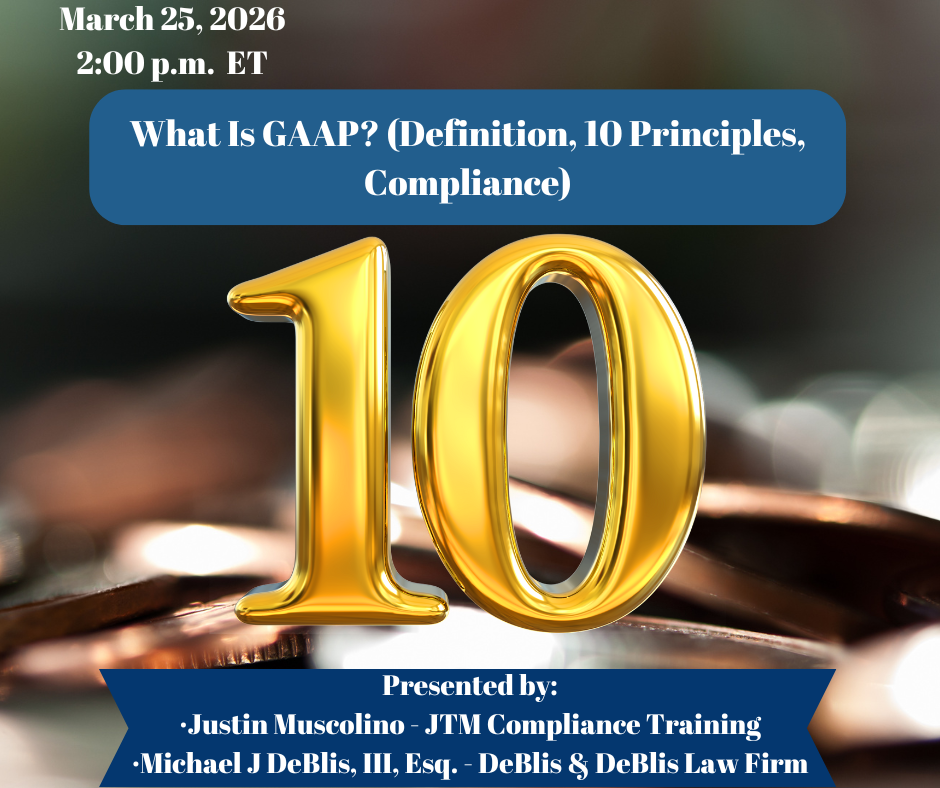
This course breaks down GAAP’s ten foundational principles and explores their compliance impli...
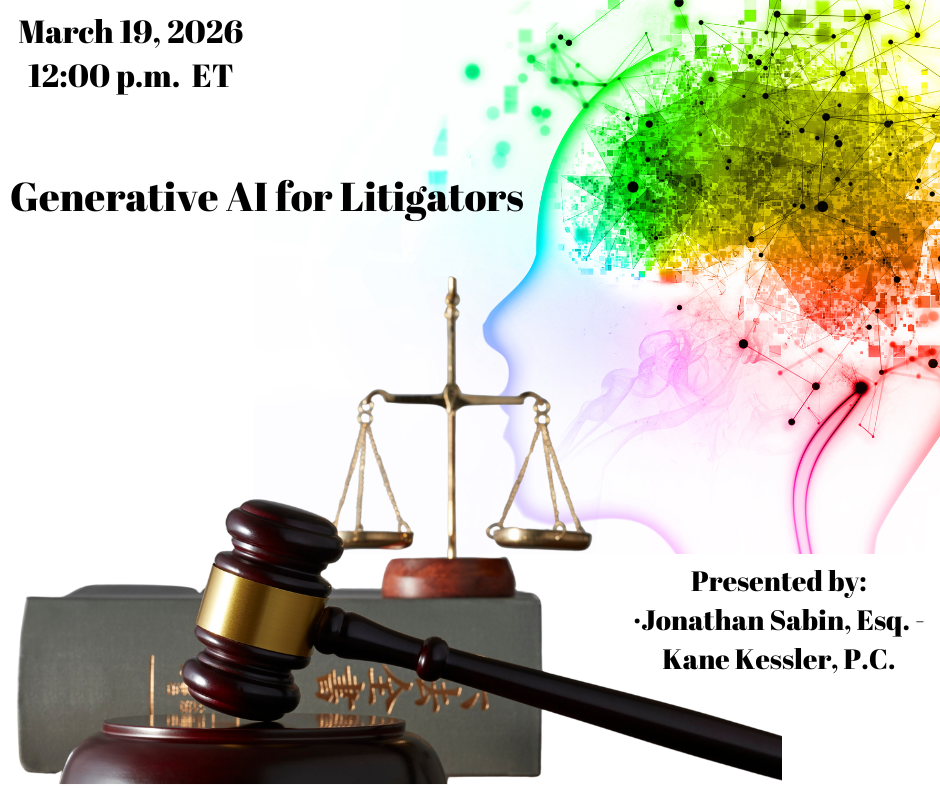
Explore the transformative potential of generative AI in modern litigation. “Generative AI for...
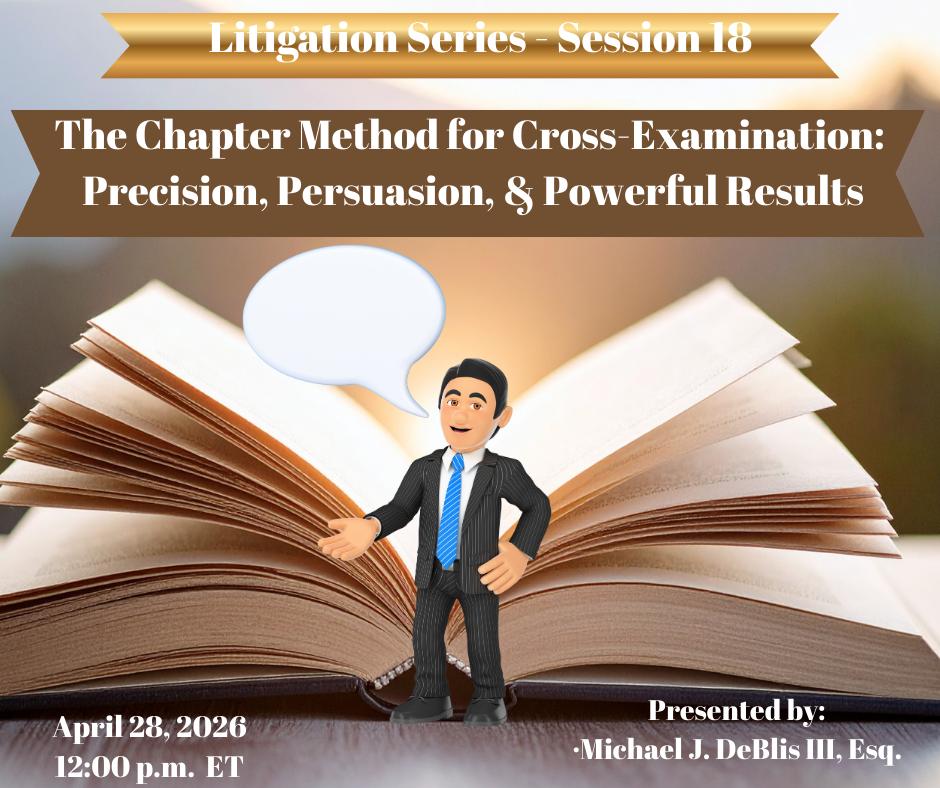
The “Chaptering Your Cross” program explains how dividing a cross?examination into clear...
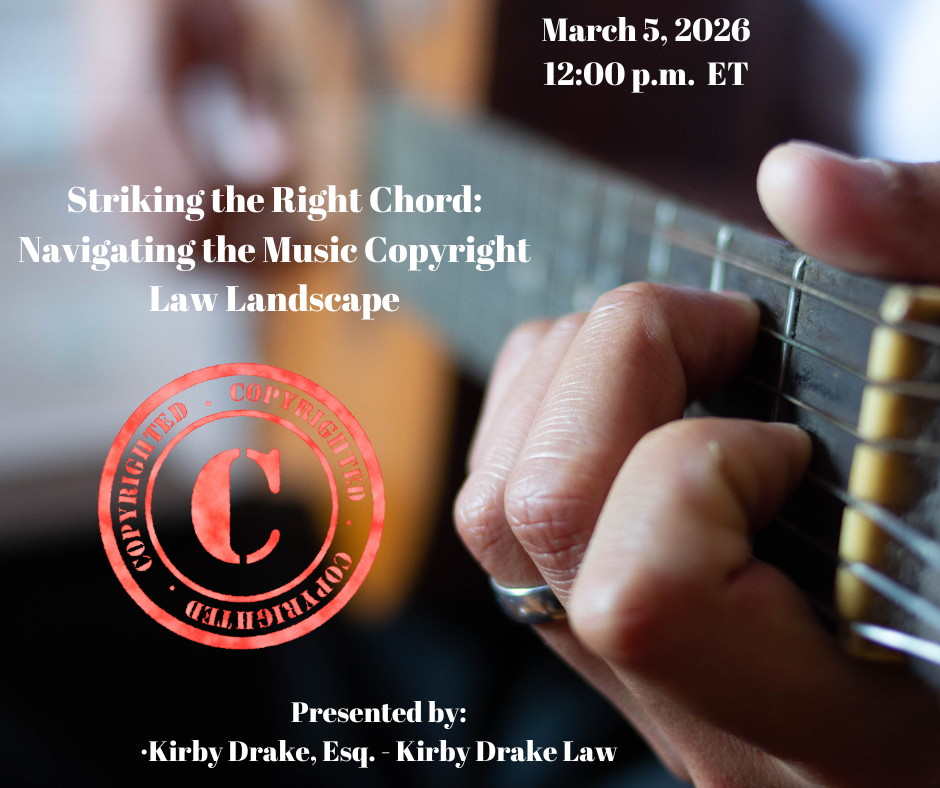
This presentation provides an overview of copyright law particularly as it applies to music. The pre...
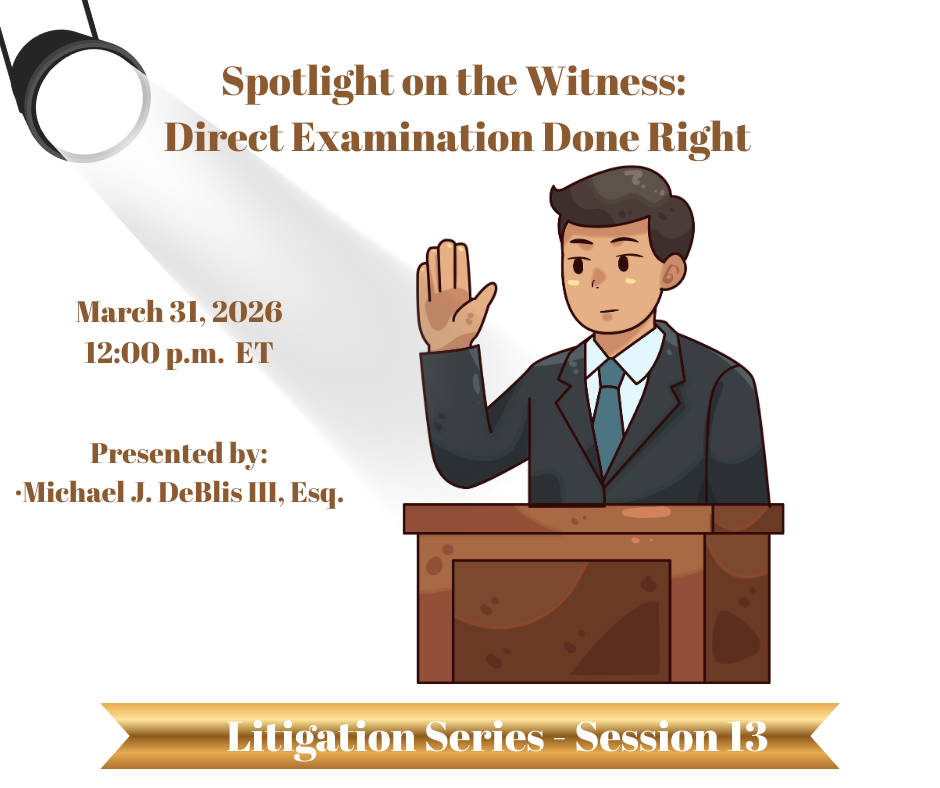
The direct examination presentation outlines how attorneys can elicit truthful, credible testimony w...
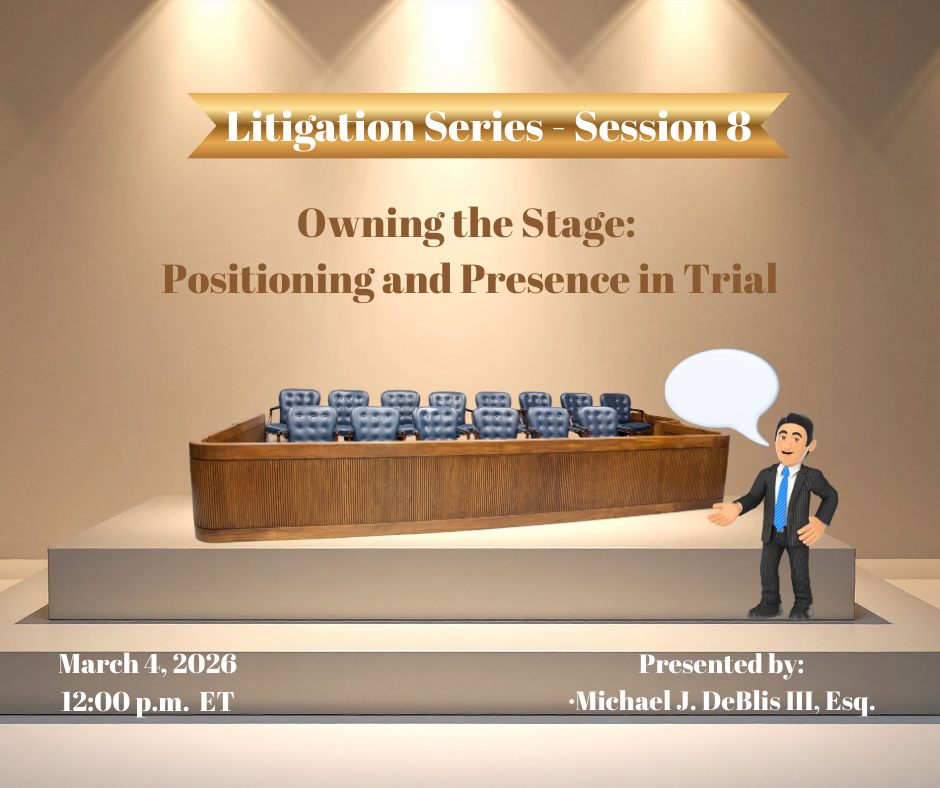
This presentation explores courtroom staging—how movement, spatial awareness, posture, and pre...
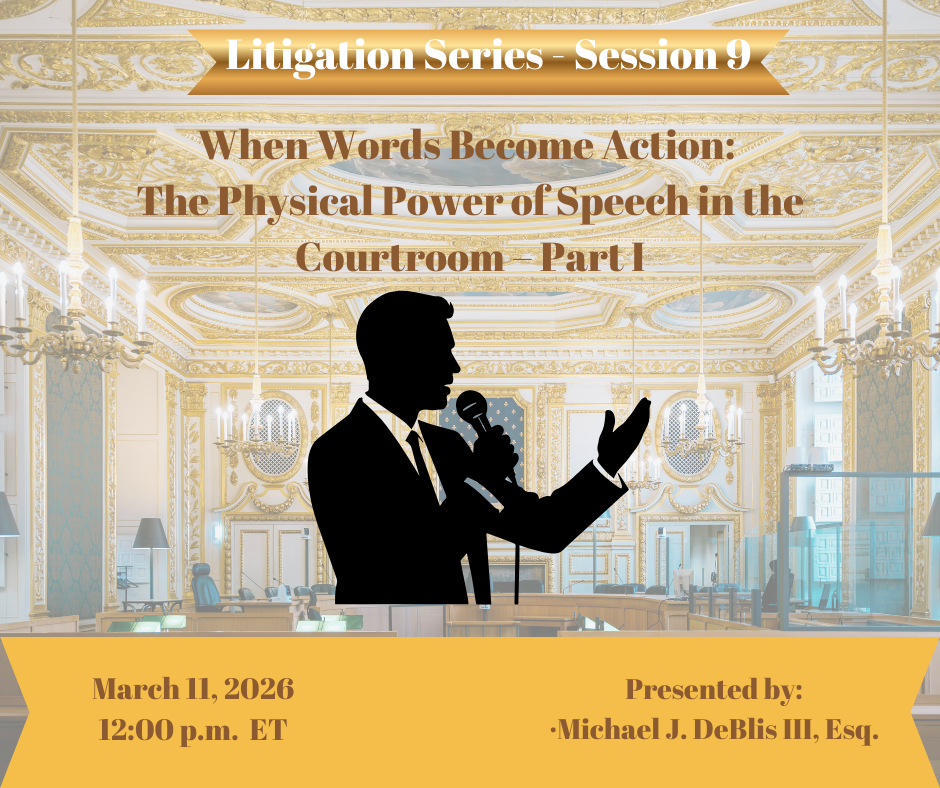
This program focuses on overcoming the inner critic—the perfectionist, self?doubting voice tha...
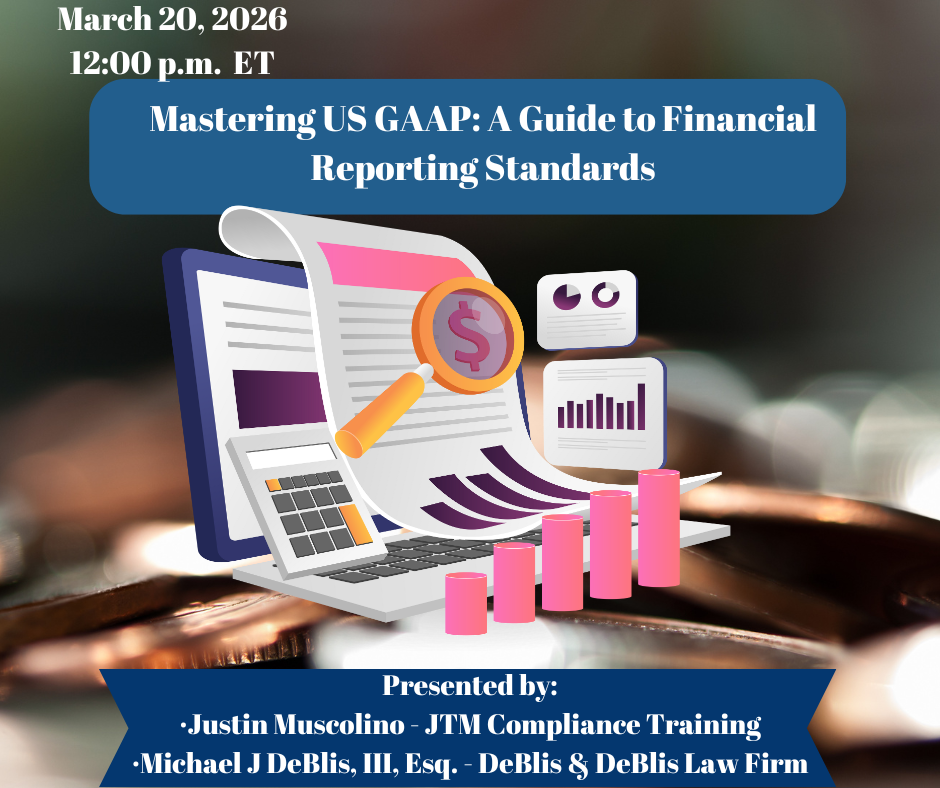
This advanced CLE dives into complex GAAP topics relevant to attorneys advising corporate, regulator...
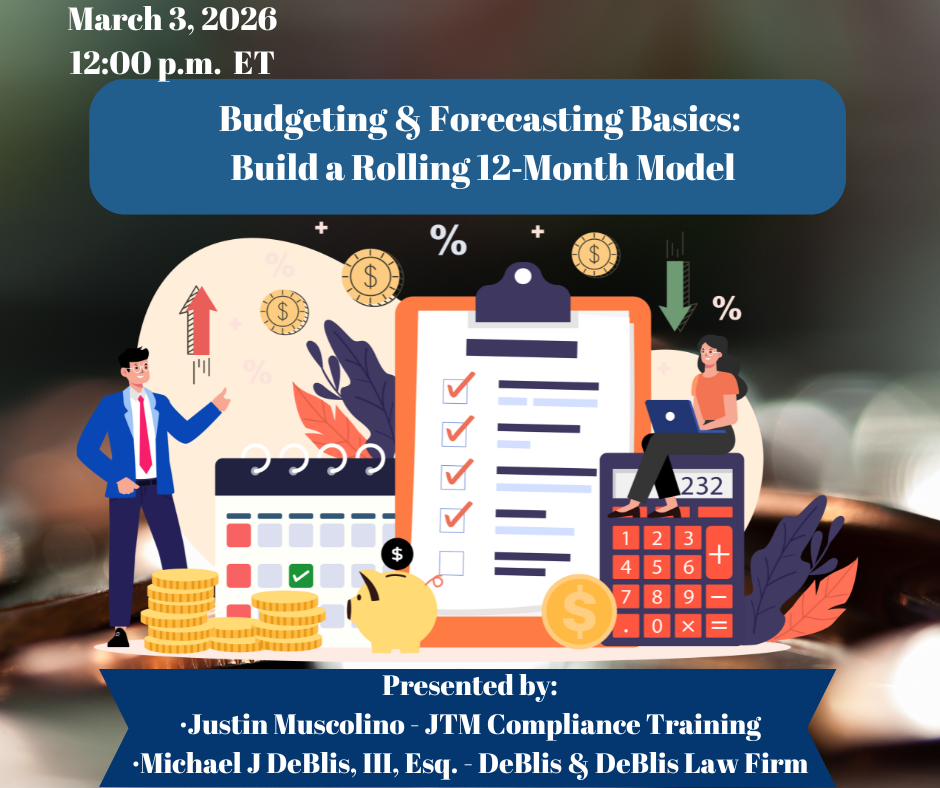
This CLE session introduces attorneys to budgeting and forecasting concepts used in corporate planni...
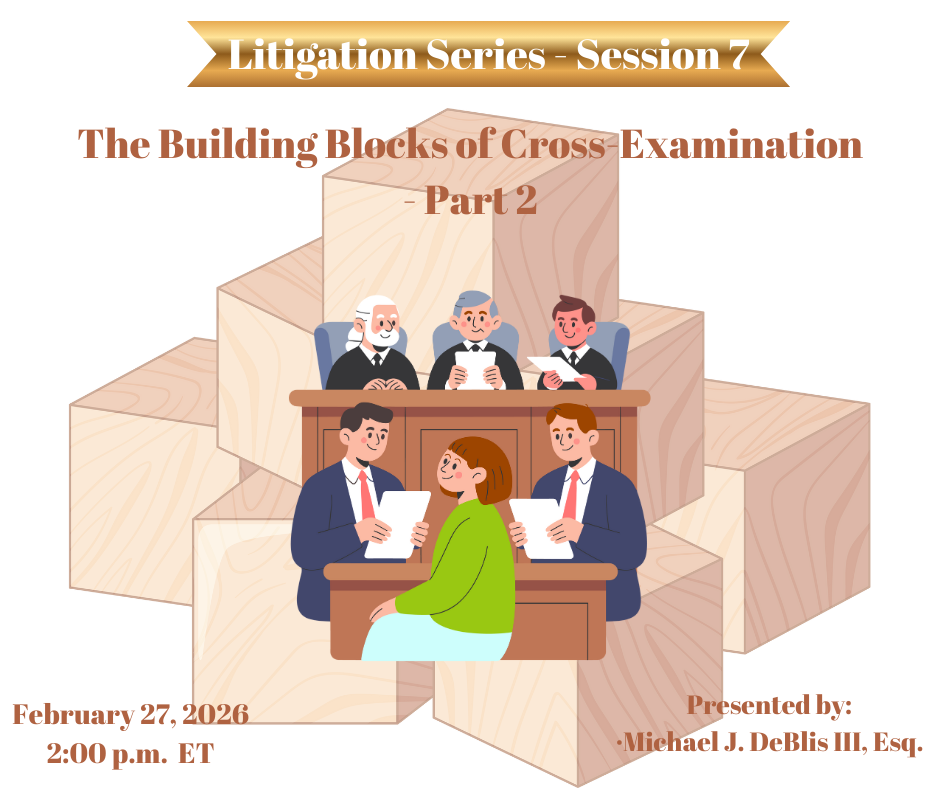
Part 2 dives deeper into advanced cross?examination techniques, teaching attorneys how to maintain c...